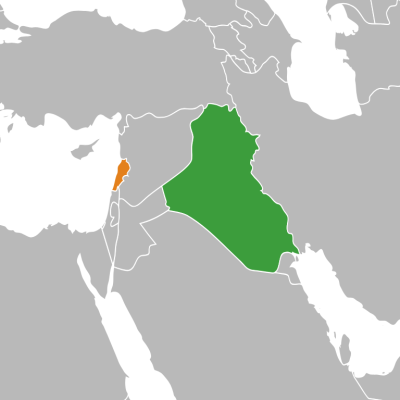Lebanon’s Approach to Syrian Refugees

Bassam Mawlawi, the interior minister, has called for a stronger approach to be taken to control the presence of Syrian refugees in Lebanon, where the situation is complicated.
Concerns concerning social stability, national security, and humanitarian obligations are raised by the situation. In this article, the current predicament is examined, along with the difficulties Lebanon must overcome to arrive at a reasonable solution.
Concerns of the Caretaker Minister
The statement made by Minister Mawlawi of Crime and Identity that more than 30% of serious crimes in Lebanon are ascribed to Syrians emphasizes the importance of finding solutions to security issues.
A valid worry that needs careful examination is the danger of demographic imbalance and its effects on Lebanon’s identity.
A Growing Challenge: Refugee Population
In Lebanon, the UNHCR records about 805,326 Syrian refugees; however, estimations indicate that the actual number may be higher than 2 million.
Finding a complete solution is even more urgent as a result of this imbalance, which calls into question the proper monitoring and regulation of their presence.
Impact and Integration on the Economy
In some areas of Lebanon, Syrians are the owners of tens of thousands of enterprises, which highlights their economic significance.
This, however, also calls into question the burden on local resources and the requirement for reasonable integration measures that benefit both the host country and the refugees.
A Tight Balance Between Humanitarian Concerns
It is crucial to sustain humanitarian standards notwithstanding Lebanon’s legitimate worries about security and demographic changes.
To handle security issues and maintain the fundamental rights, safety, and access of refugees, a balance must be established.
The Need for Compliance with the Law
Minister Mawlawi emphasized the significance of holding Syrian residents legally accountable by emphasizing the necessity of legal compliance to control their presence.
This strategy tries to manage the refugee crisis while maintaining law and order.
Keep Heading
Criticisms and Reactions from Around the World
Regarding possible violations of global humanitarian standards, Lebanon’s strategy has drawn criticism. For Lebanon to successfully traverse these difficulties while upholding human rights principles, the international community must join in conversation and assist.
In conclusion, Lebanon has a nuanced strategy for dealing with the Syrian refugee crisis that takes into account issues of national security, demographic balance, and humanitarian ideals. It is essential to strike a balance between these issues to guarantee Lebanon’s security and stability as well as the safeguarding of refugees’ basic rights.
Finding a lasting and compassionate solution to this urgent situation will need cooperative efforts on both a national and international level.






